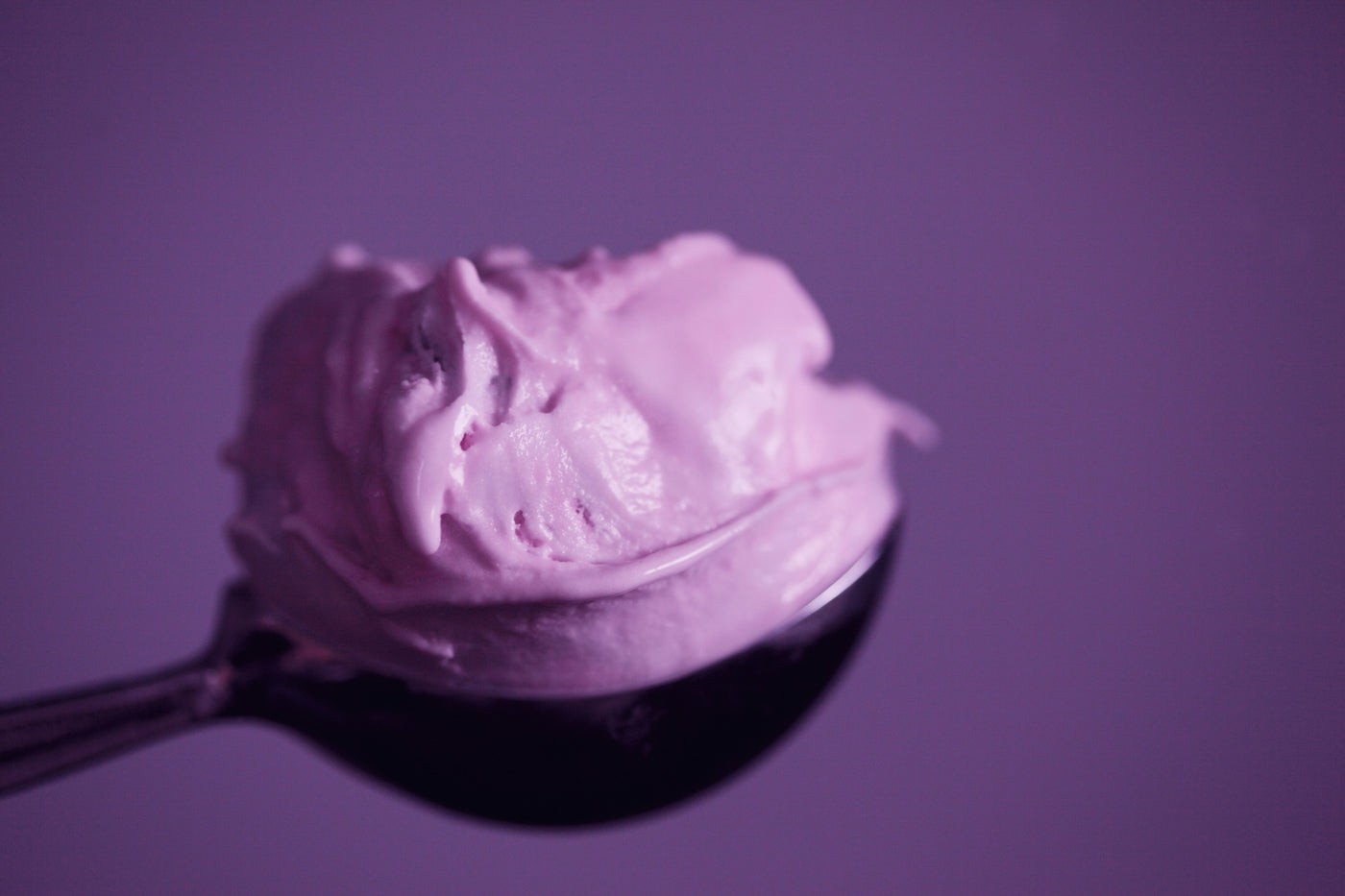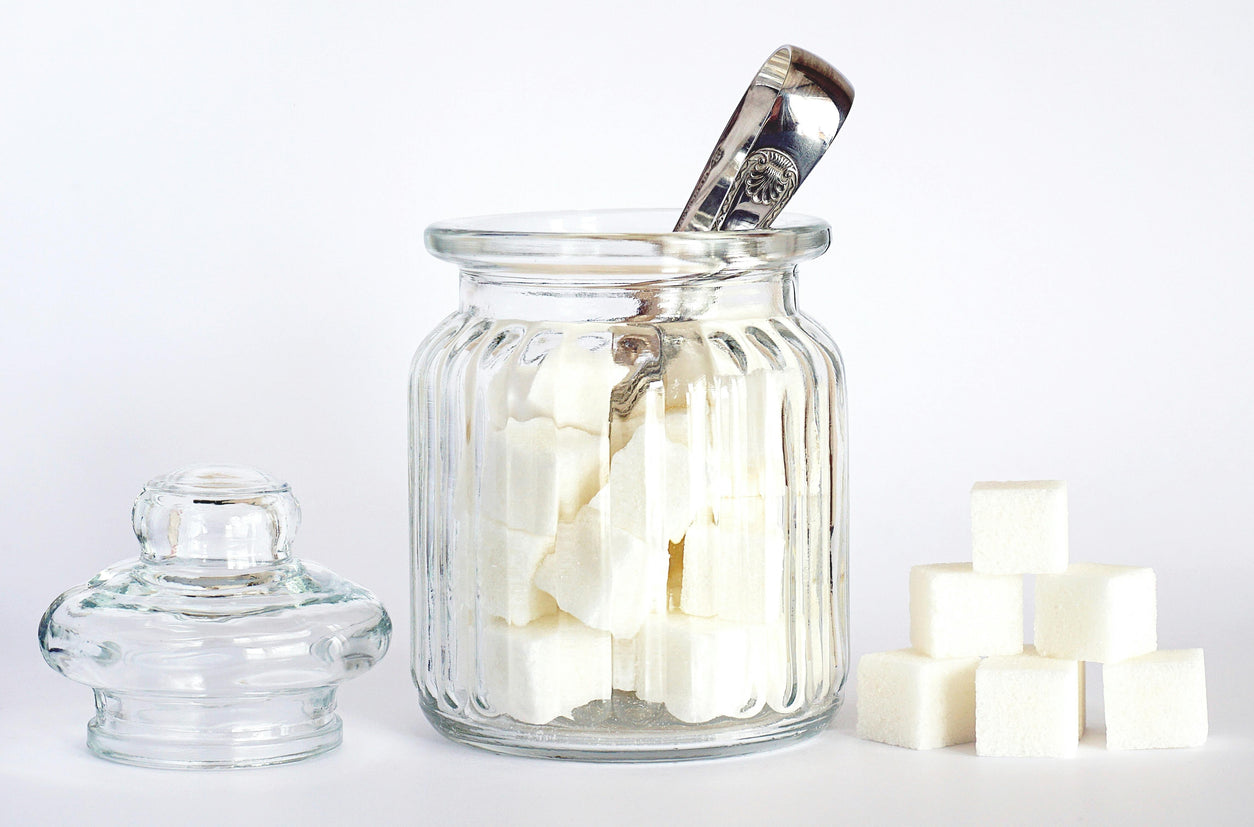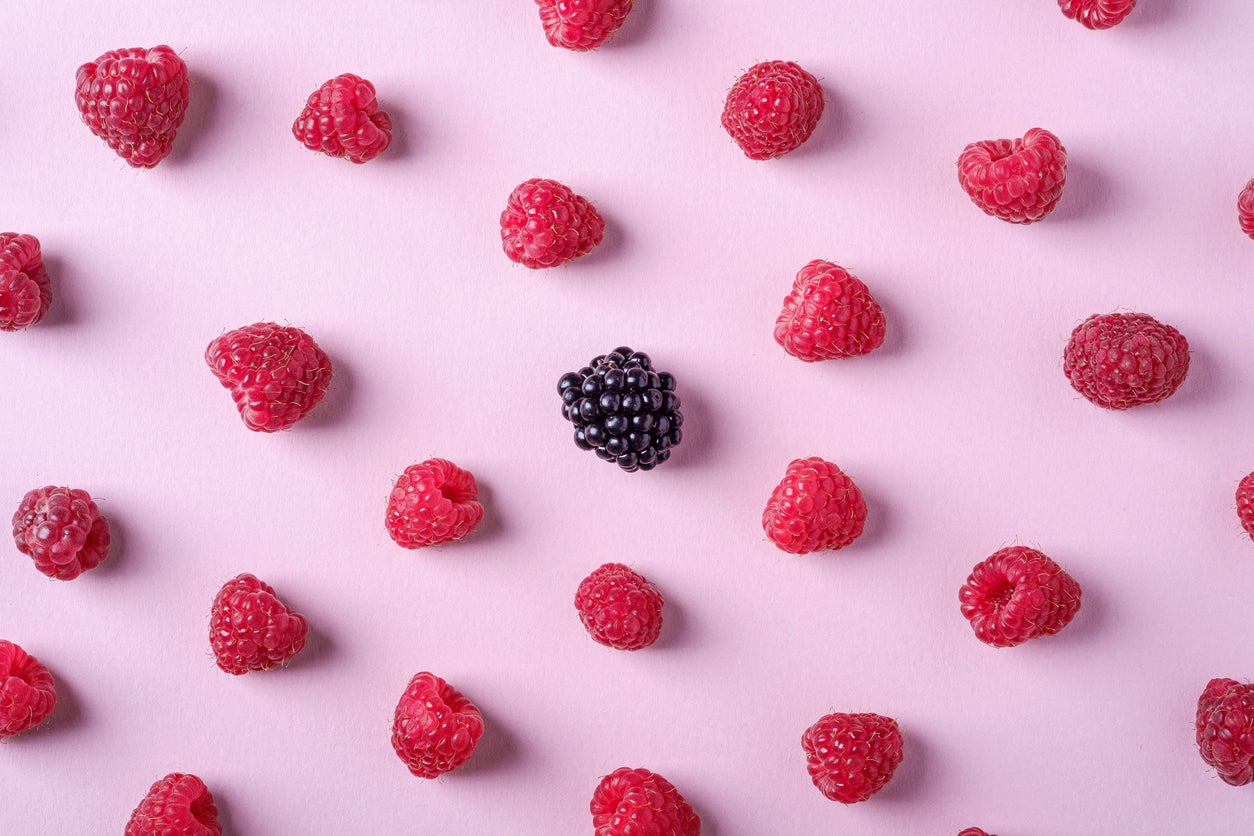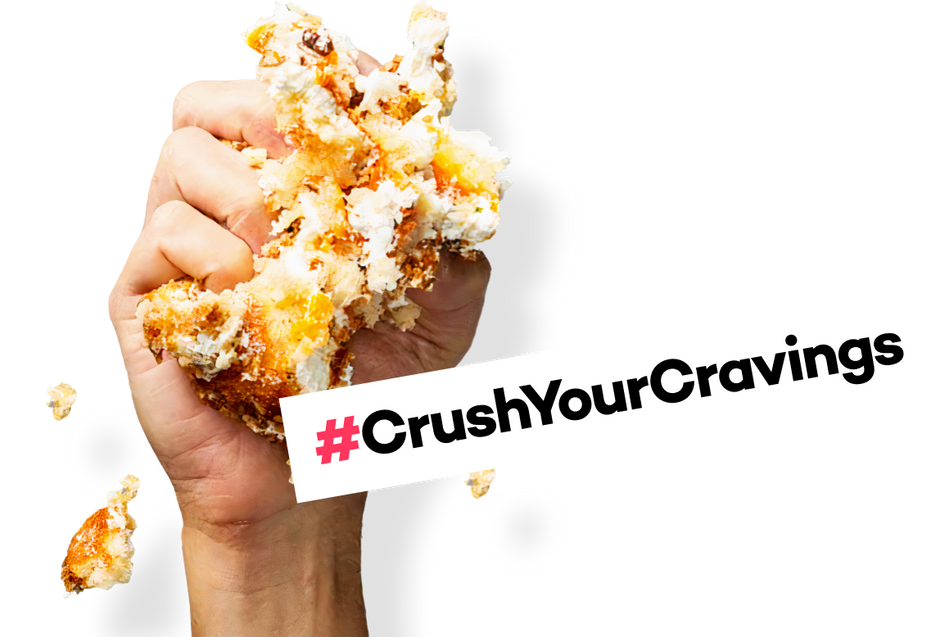The clock strikes 9 pm, and your stomach growls – but not for leftovers of the healthy dinner you cooked. You find yourself drawn to your snack drawer, the siren song of sugary treats echoing in your ears. You’re powerless to resist.
This late-night sugar raid is a reality for countless people every evening. Many people tell us they experience nighttime cravings, often for sugary foods. This is considerably more in people with higher levels of stress.
These cravings can wreak havoc on your health, leading to weight gain, and blood sugar fluctuations that leave you feeling sluggish and disrupt your sleep cycles. And since quality sleep is a fundamental pillar of your health, it’s a big deal.
We’ll teach you how to fight back against those late-night cravings by exploring the science behind why it happens and practical strategies you can use to curb them. Say goodbye to before-bed guilt and hello to a truly restful night’s sleep.
Why We Crave Sugar at Night
Our bodies work on a 24-hour internal clock called our circadian rhythm. This rhythm is always running in the background to carry out various bodily functions, including our hunger cues and metabolism.
The body’s internal clock is naturally aligned with day and night. As the sun rises and sets, our body responds to the light accordingly. But things can mess it up. Jetlag, staying up too late every night, illness and bad habits, like eating sugar (or caffeine) before bed.
Interestingly, despite that, research suggests that the circadian rhythm influences cravings for carbohydrates and sugary foods specifically in the evening. As the day winds down, our sensitivity to the hormone leptin, which signals that we’re full, decreases. This, combined with a slight increase in the hunger hormone ghrelin, can create a perfect storm for evening sugar cravings.
There are several other reasons why we may crave sugar at night, including:
Stress Eating
Stress can also be a major culprit. When we're stressed, our cortisol levels rise. Cortisol can trigger cravings for sugary comfort foods, offering a temporary mood boost and a false sense of energy.
Night Eating Syndrome (NES)
Night Eating Syndrome (NES) is a condition characterised by significantly increased calorie intake after dinner and frequent waking during the night to eat. It isn’t specific to sugar cravings. It can be caused by hormone imbalances, psychological stress or other underlying medical conditions.
If you suspect you have NES, reach out to your doctor for a proper diagnosis.
Daytime Snacking = Nighttime Snacking
Imbalanced blood sugar levels can play a significant role in sugar cravings at night. If you tend to eat sugary or processed foods throughout the day, you may experience blood sugar spikes and crashes in the evening.
These crashes leave your body feeling depleted and desperate for a quick energy fix, often in the form of sugary snacks. The cycle then continues, making it even harder to resist cravings the following night.
Dehydration vs. Hunger: Are You Actually Thirsty?
Sometimes all it takes to get rid of your hunger pangs is to drink a tall glass of water. That’s because you’re actually dehydrated, not hungry - even though it can feel the exact same.
Water is essential for countless bodily functions, including digestion, nutrient absorption, and even regulating body temperature. When you're dehydrated, your body sends signals that feel like hunger pangs, which can easily trick you into reaching for sugary drinks or snacks that won't quench your thirst. In fact, they’ll probably just make you thirstier.
Next time you get a craving, drink a glass of water and wait 15-20 minutes. If the craving disappears, it’s just thirst. Make sure you stay hydrated throughout the day to avoid these tricksy wrong signals.
Was Your Dinner Balanced?
What you fuel your body with at dinner can significantly impact your cravings later in the evening. That’s why you want that fuel to be balanced with the right nutrients so your body isn’t left wanting.
Forget fad diets and restrictive eating. The key to achieving your health goals is to balance complete macronutrients - protein, fibre, and healthy fats. These three work together to keep you feeling fuller for longer and less likely to reach for snacks.
Here’s a breakdown of what a balanced diet looks like:
Packed With Protein: Protein helps regulate hormones like peptide YY (PYY) and leptin, which signal fullness to your brain. Plus, protein takes longer to digest, leaving you satisfied. Research found that high-protein meals can cut the desire to eat at night by 50%. For good sources of protein, think lean meats, fish, poultry, beans, lentils, and tofu.
Better Digestion With Fibre: Fibre slows down the digestion process, preventing those blood sugar spikes and crashes that leave you feeling hungry and reaching for your favourite snacks. Eat plenty of vegetables, fruits (ideally with the skin), whole grains and legumes.
Beware of Processed Carbs: While all carbohydrates provide energy, refined carbohydrates like white bread, pasta, and sugary cereals are quickly digested and cause blood sugar spikes (and the inevitable crash). This rollercoaster ride leaves your body feeling depleted and in need of a quick pick-me-up.
Choose Low-GI Foods: The glycemic index (GI) is a tool that ranks carbohydrates based on their impact on blood sugar. Aim to eat low-GI options like vegetables, legumes, and whole grains to feel full and craving-free.
How Sleep Deprivation Fuels Cravings
Ever toss and turn all night, only to wake up in the morning with a ravenous craving for sugary treats? That’s because sleep deprivation increases sugar cravings, according to numerous studies.
See, sleep is essential for regulating the hormones that control hunger and satiety. Lack of sleep disrupts the production of leptin (the satiety hormone) and increases ghrelin (the hunger hormone). This hormonal imbalance can make it hard to resist temptation.
Prioritise Sleep Hygiene: Aim for a consistent sleep schedule of 7-8 hours (or more - listen to your body). Go to bed and wake up around the same time every day, make sure your sleeping environment is dark, quiet and cool and create a relaxing bedtime routine (reading, a warm bath, stretching, etc.).
Practical Strategies to Curb Nighttime Cravings
Conquering your nighttime cravings requires planning. Here are a few ways you can outsmart your own brain and its sugar urges and reach for healthier options instead:
Plan Healthy Snack Swaps
The best defence against impulsive snacking is to have delicious healthy options readily available whenever cravings strike.
Don't underestimate the power of planning! Dedicate some time during the week to prepping healthy snacks and portioning them into individual containers. This will save you time and prevent impulsive decisions when cravings strike.
Here are a few snack swap ideas:
Fruit & Nut Butter: Craving something sweet? Opt for low-glycemic fruits like berries paired with nut butter. The protein and fibre in the nut butter will help keep you feeling fuller for longer. Apple slices and peanut butter are a popular combination.
Greek Yoghurt & Berries: Greek yoghurt is rich in protein, which promotes satiety and keeps cravings at bay, while low-glycemic fruits keep your blood sugar stable.
Vegetables & Houmous: Ditch the chips and salsa! Crunchy vegetables like carrots, celery, or bell peppers with houmous give that satisfying crunch and a dose of essential vitamins and minerals.
Dark Chocolate: If you can’t survive without your chocolate fix: well, first, you can. But you don’t have to. Instead, reach for dark chocolate (at least 70% cacao). As long as you only have it in moderation, you can benefit from its antioxidants.
Distraction is Key
Curb the Craving, Not the Activity: Sometimes you snack because you’re bored or stressed. Instead of mindlessly reaching for sugary treats, distract yourself! Take a warm bath, read a book, listen to calming music, or do some light yoga. Relaxing activities like these can take the edge off and lower stress.
Mindful Moments: Mindfulness practices like meditation or deep breathing can be powerful tools in managing cravings and emotional eating. By focusing on your breath and becoming aware of your body and mind, you can gain control over your impulsive urges and make intentional choices about what you consume.
Plan Your Snacks
Portion Patrol: Portion control is essential! Pre-portioning your snacks helps you stick to your target calorie intake and avoids the temptation of overindulging when you're hungry. Use smaller plates, or meal prep in advance.
Out of Sight, Out of Mind: If your go-to sugary treats aren't visible, they're less likely to tempt you. Try stashing them in high cabinets or even removing them from the house altogether if necessary.
Kitchen Cleanse: You may want to try a complete kitchen cleanse if you find yourself constantly surrounded by tempting sugary treats. This can be a powerful way to set your intention, reduce temptation and establish healthier habits.
Choose Dopamine Foods: Certain ‘dopamine foods’ like protein, fruits, vegetables and even dark chocolate can naturally support healthy dopamine production in the brain. Since dopamine is actually what your brain is craving, this helps reduce the temptation.
Use Killa Vanilla!
When you feel a craving coming, or know it’s that time of the evening, reach for your Killa Vanilla. Our natural vanilla scent mirrors the common note in sweet food and drinks, so it triggers the Cross-Modal Sensory Compensation Effect when you smell it. This tricks your brain into releasing dopamine, satisfying your sugar cravings.
Final Thoughts
Nighttime sugar cravings can be a battle, but with knowledge, strategy and the help of Killa Vanilla, you can win.
By implementing the practical tips here – good sleep hygiene, healthy snacks, planning, and mindfulness – alongside your new habit of Killa Vanilla, you can curb cravings and build a healthier lifestyle.
Remember, managing cravings goes beyond weight control. It's about better sleep, better health, and feeling your best so you can live your life to the fullest.










